Indigenous Governance Database
Governance
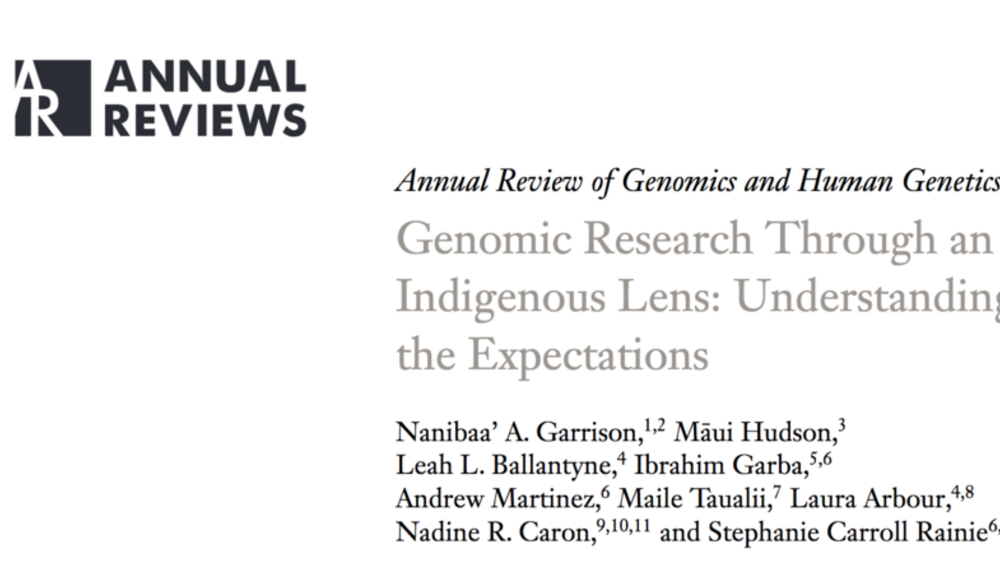
Genomic Research Through an Indigenous Lens: Understanding the Expectations
Indigenous scholars are leading initiatives to improve access to genetic and genomic research and health care based on their unique cultural contexts and within sovereign-based governance models created and accepted by their peoples. In the past, Indigenous peoples’ engagement with genomic research…
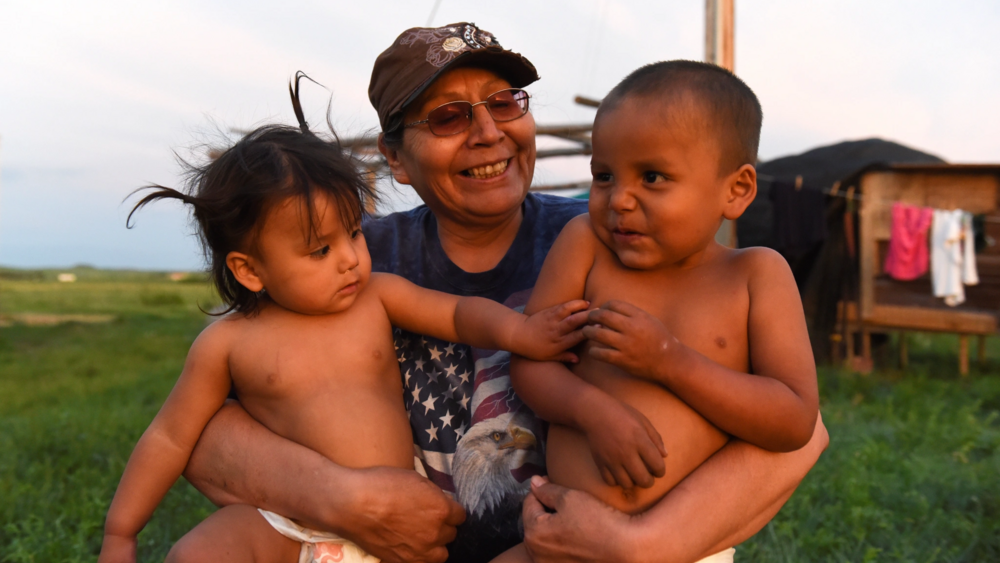
How does measuring poverty and welfare affect American Indian children?
For one group of children in particular, American Indians and Alaska Natives, exceedingly high poverty rates have had profound impacts on community wellbeing and long-term cohesiveness. Given the best available data, from the U.S. Census data, child poverty rates among American Indians and Alaska…
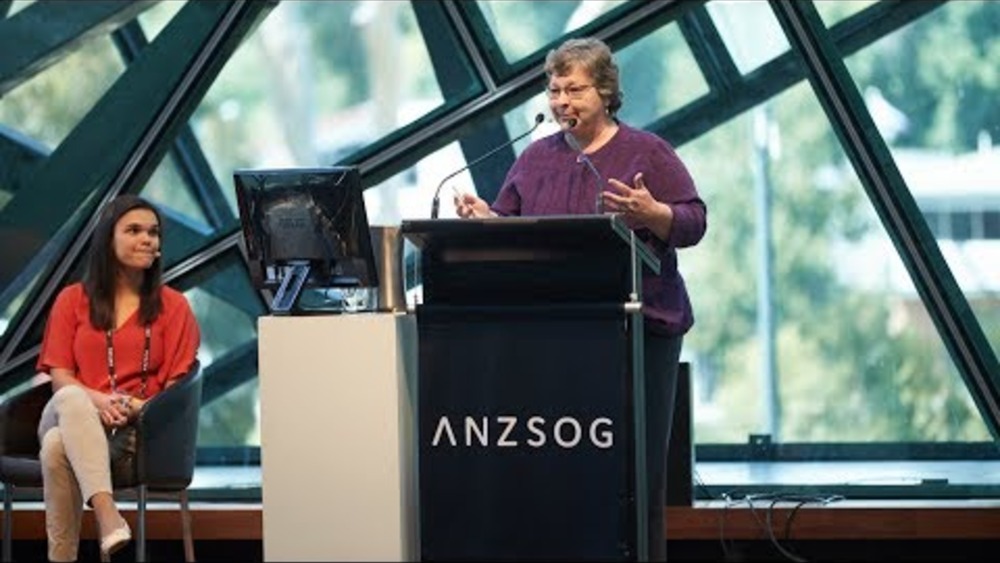
Dr. Karen Diver: Indigenous autonomy is the way forward
Dr. Karen Diver spoke at ANZSOG's Reimagining Public Administration conference on February 20, as part of a plenary on International perspectives on Indigenous affairs. The Native American tribal leader and former adviser to President Obama, said that Indigenous communities had been inexorably…
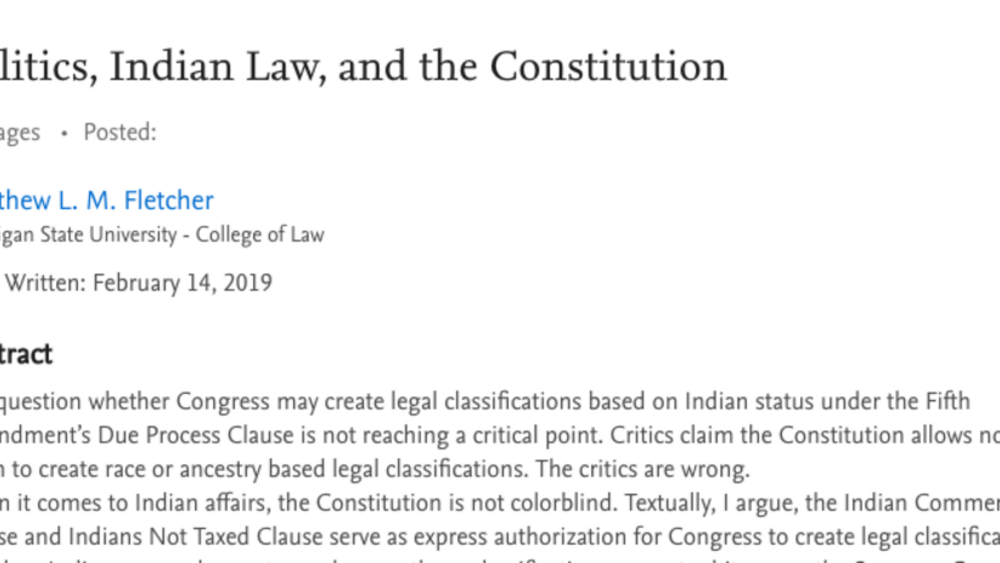
Politics, Indian Law, and the Constitution
The question whether Congress may create legal classifications based on Indian status under the Fifth Amendment’s Due Process Clause is not reaching a critical point. Critics claim the Constitution allows no room to create race or ancestry based legal classifications. The critics are wrong. When it…
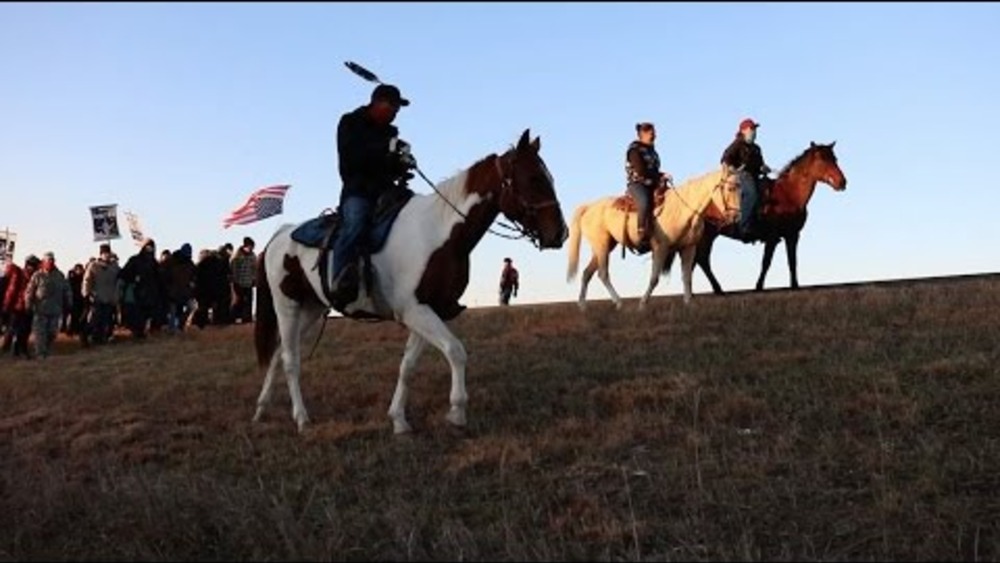
Water is Life video series Part 3 Mni Wiconi
The Native Nations Institute produced a three-part educational video series called, “Water is Life." The video series brings a Native nation building perspective to the conflict over the Dakota Access Pipeline and features interviews with LaDonna Brave Bull Allard, former tribal historic…
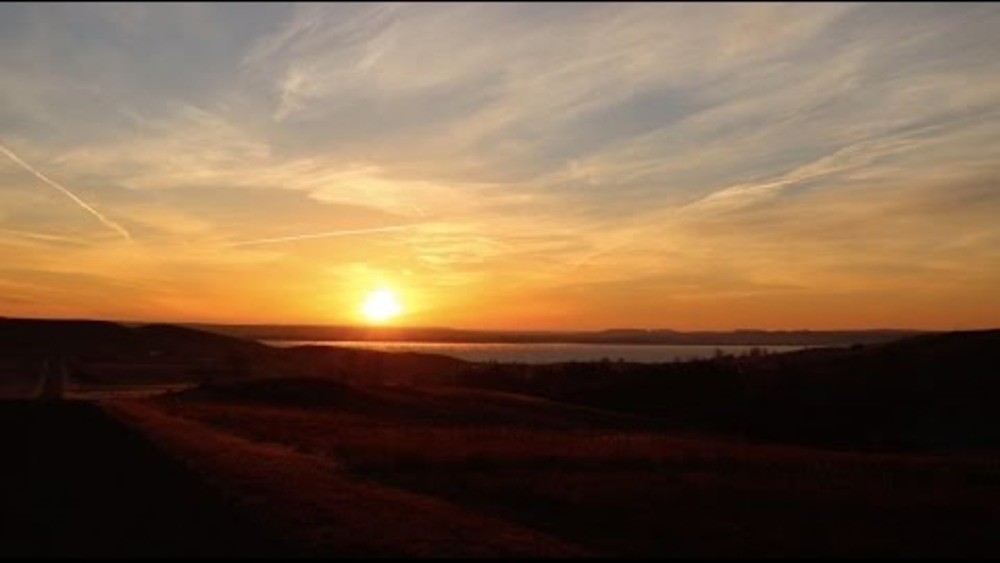
Water is Life video series Part 2 Oceti Sakowin
The Native Nations Institute produced a three-part educational video series called, “Water is Life." The video series brings a Native nation building perspective to the conflict over the Dakota Access Pipeline and features interviews with LaDonna Brave Bull Allard, former tribal historic…
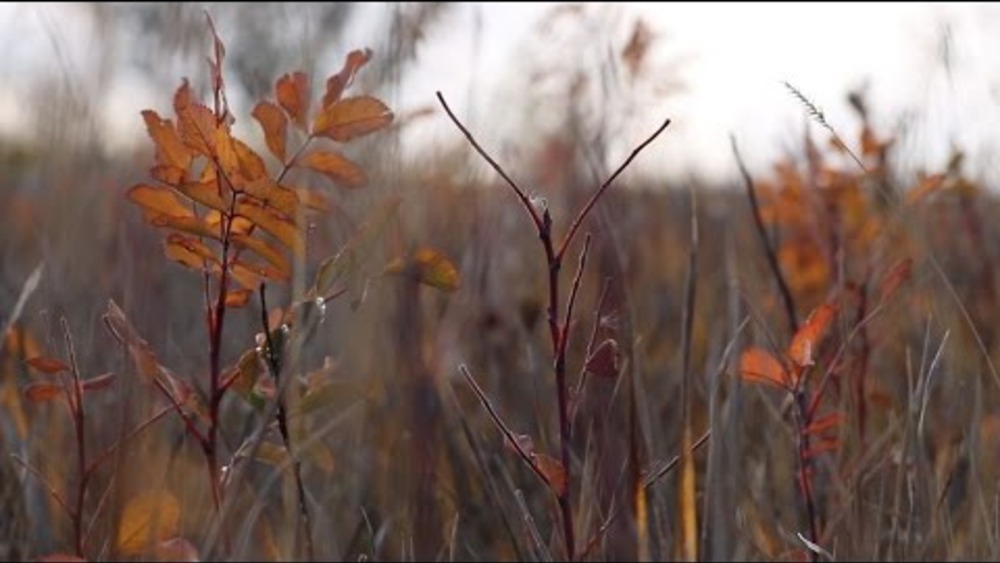
Water is Life video series Part 1 The Lakota and Dakota People
The Native Nations Institute produced a three-part educational video series called, “Water is Life." The video series brings a Native nation building perspective to the conflict over the Dakota Access Pipeline and features interviews with LaDonna Brave Bull Allard, former tribal historic…
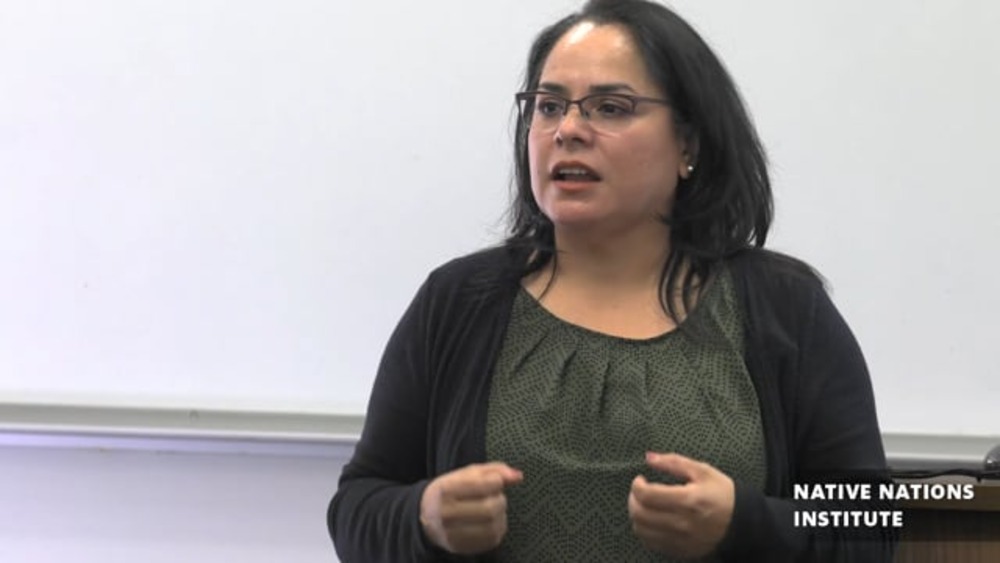
Herminia Frias: Native Women in Governance
Herminia “Minnie” Frias, Councilwoman, Pascua Yaqui Tribal Council. Councilwoman Frias shares her journey of being a Native woman leader, drawing from her experience in serving on her Nation’s Tribal Council both as a Chairwoman, and as a Council Member. Frias was the youngest person and first…
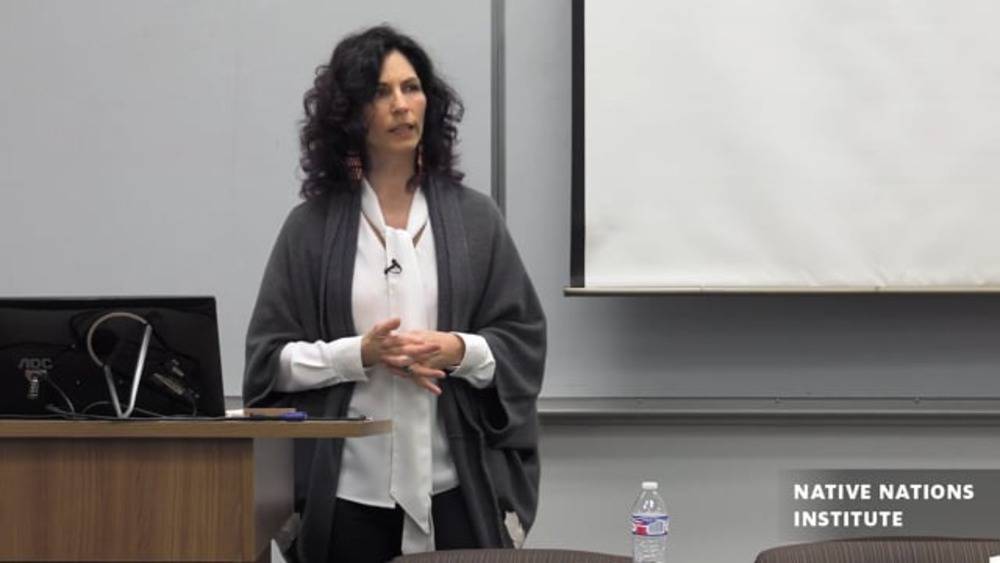
Shannon Keller O'Loughlin: Native Women in Governance
Shannon Keller O'Loughlin, Choctaw Nation of Oklahoma, is an attorney and the Executive Director of the Association on American Indian Affairs. Shannon was also the former Chief of Staff, National Indian Gaming Commission, a member of President Obama’s NAGPRA Review Committee, and a Cultural…
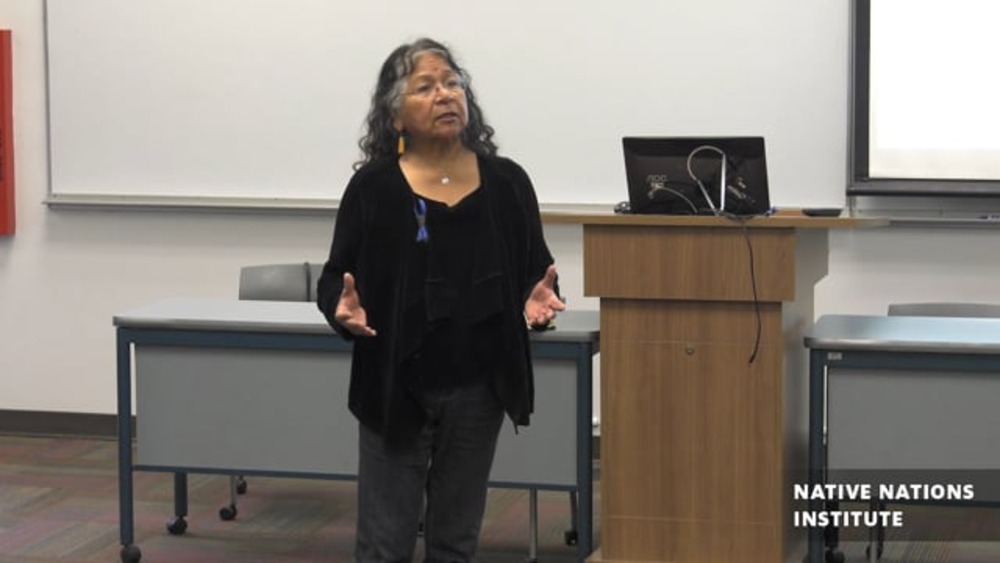
Diane Enos: Native Women in Governance
Diane Enos, Attorney, Councilwoman & Former President of Salt River Pima-Maricopa Indian Community. In addition to her tenure with the Salt River Pima – Maricopa Indian Community, Diane has served as Vice President of the Inter-Tribal Council of Arizona, as Chairwoman of the Arizona Indian…
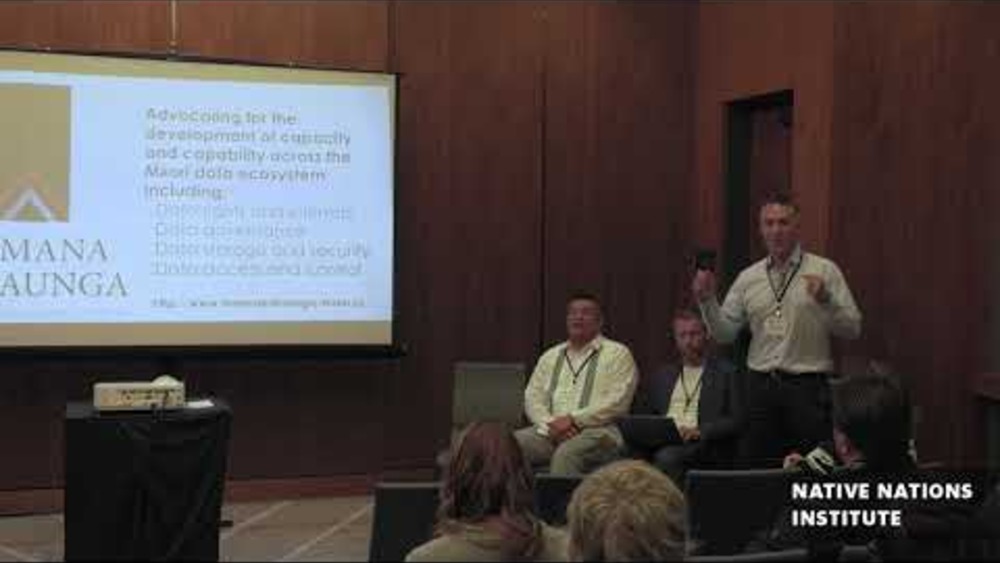
Indigenous Data Sovereignty: Global Progression
On May 18, 2018 at the Native American and Indigenous Studies Association (NAISA) Conference in Los Angeles, six leading scholars discussed the landscape and global opportunities and challenges Indigenous peoples face in the growing Indigenous data sovereignty movement. The presentations…
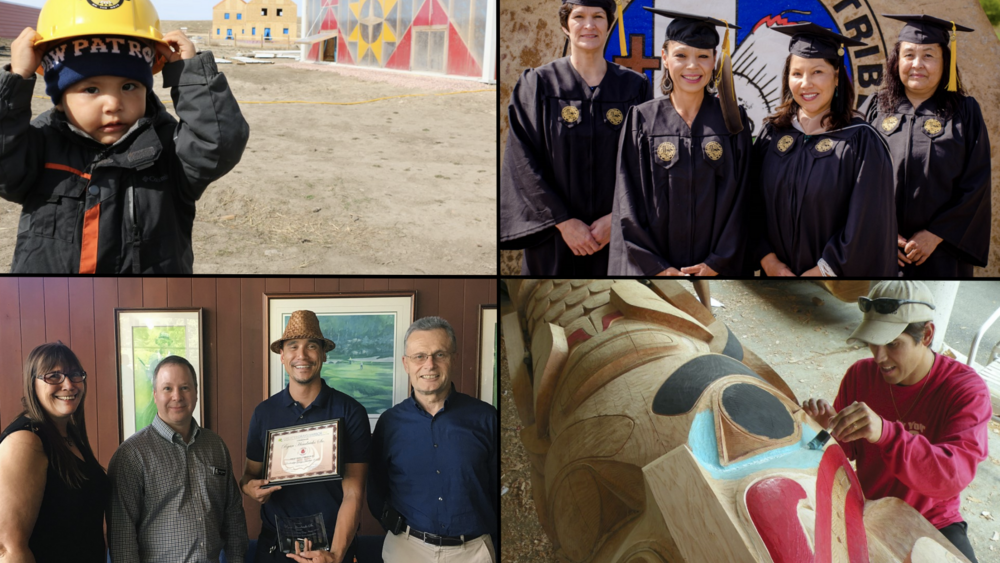
Tribal Workforce Development: A Decision-Framing Toolkit
This toolkit shares the main findings of NCAI’s multi-year research project examining the innovative approaches to workforce development that tribal nations along with Native organizations and tribal colleges and universities are forging, how they are achieving success (as they define it), and why…
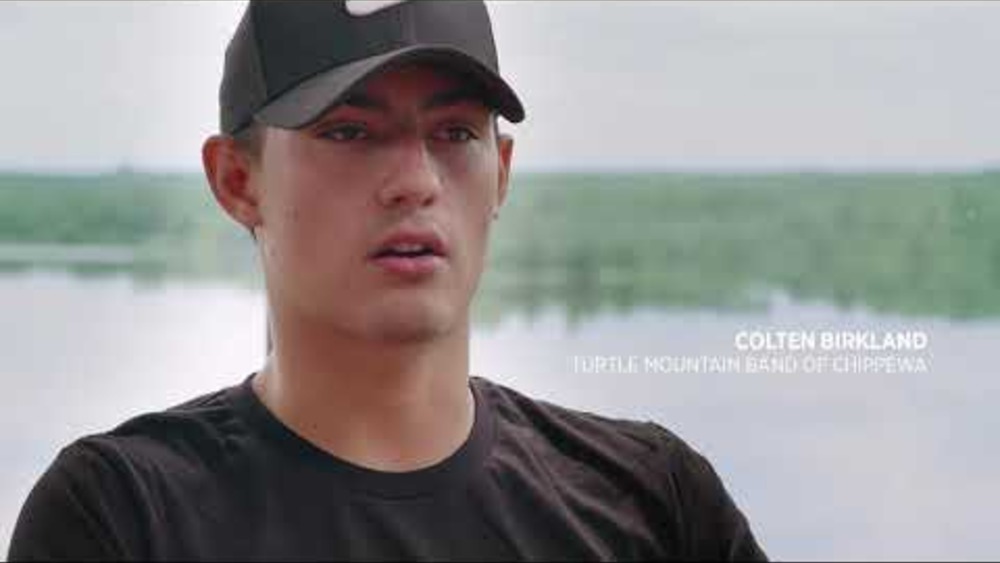
Rebuilding Nations: The Next Generation
Turtle Mountain Ojibwe youth from North Dakota tell the story of their Tribe’s history and the importance of cultural revitalization today. Produced in partnership with Twin Cities PBS and producer/director Missy Whiteman. Special thanks to Dr. Twyla Baker, Alexis Davis, Colten Birkland, and Eddie…
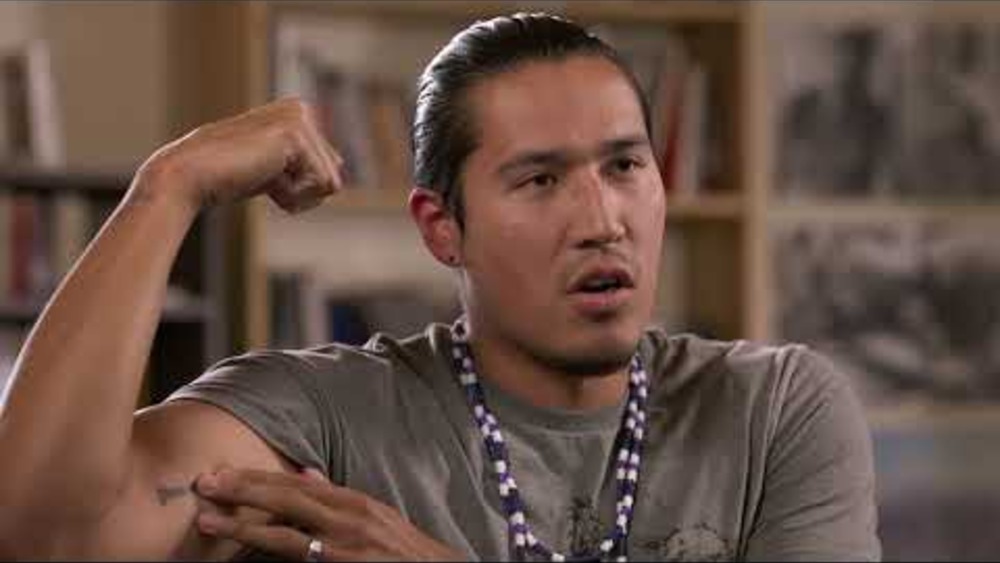
Native Treaties: Making Relations
Historically, intertribal relationships helped to maintain diplomacy and peace prior to the existence of the United States government. How can Native nations’ ethical and cultural values aid in today’s political climate? Produced in partnership with Twin Cities PBS and producer/director Missy…
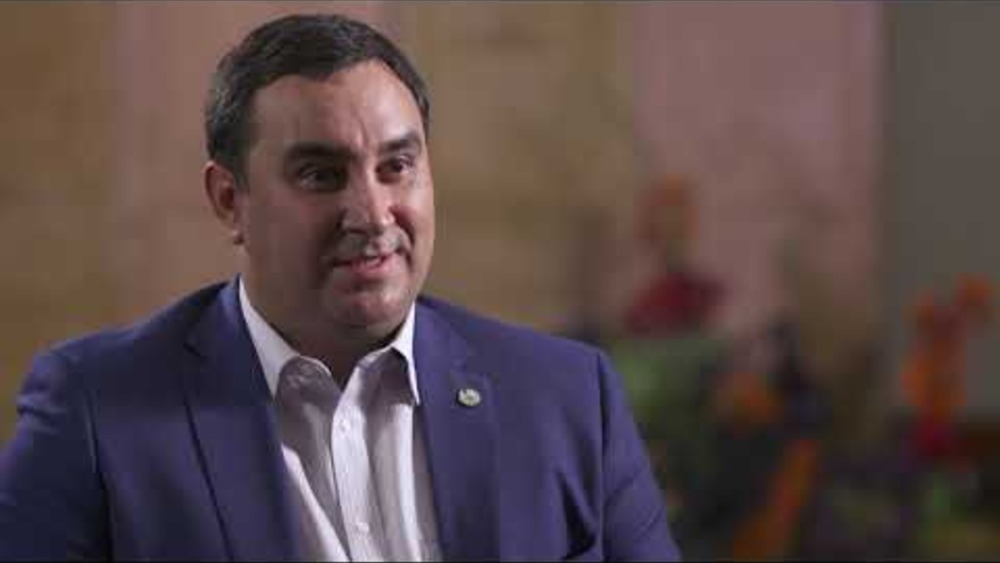
Native Civics: Commitment to Community
Native nations are building a future for their communities with the foundation of tribal knowledge and alliances. Civic engagement is both an individual and collective effort. Produced in partnership with Twin Cities PBS and producer/director Missy Whiteman. Special thanks to Dr. Twyla Baker and…
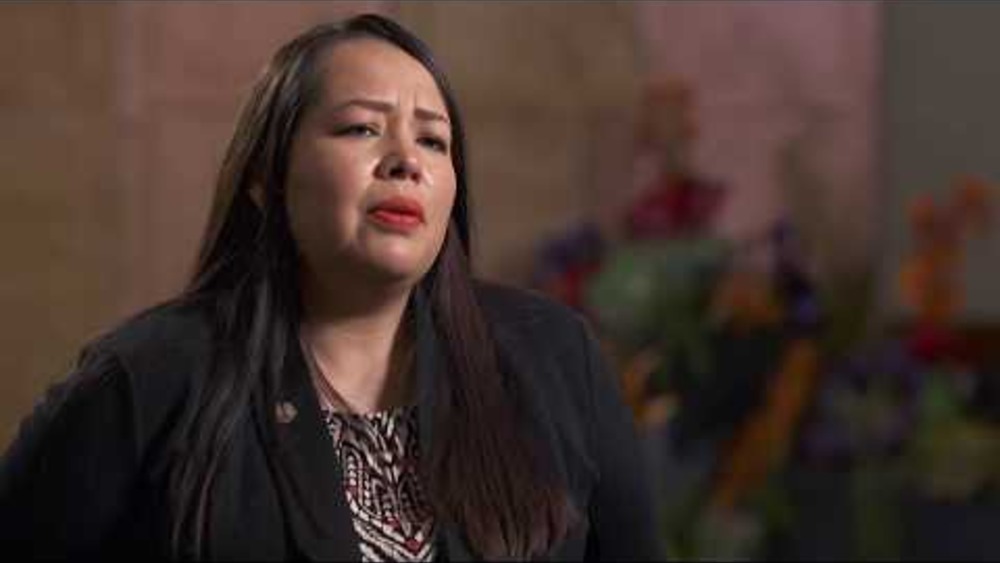
Sovereign Nations: Giving Visibility
Tribal nations have always had formal ways of self-governing. Take a closer look at local Tribes exercising their inherent rights to land, culture, and self-governance in a contemporary context. Produced in partnership with TPT-Twin Cities PBS and producer/director Missy Whiteman. Special thanks to…
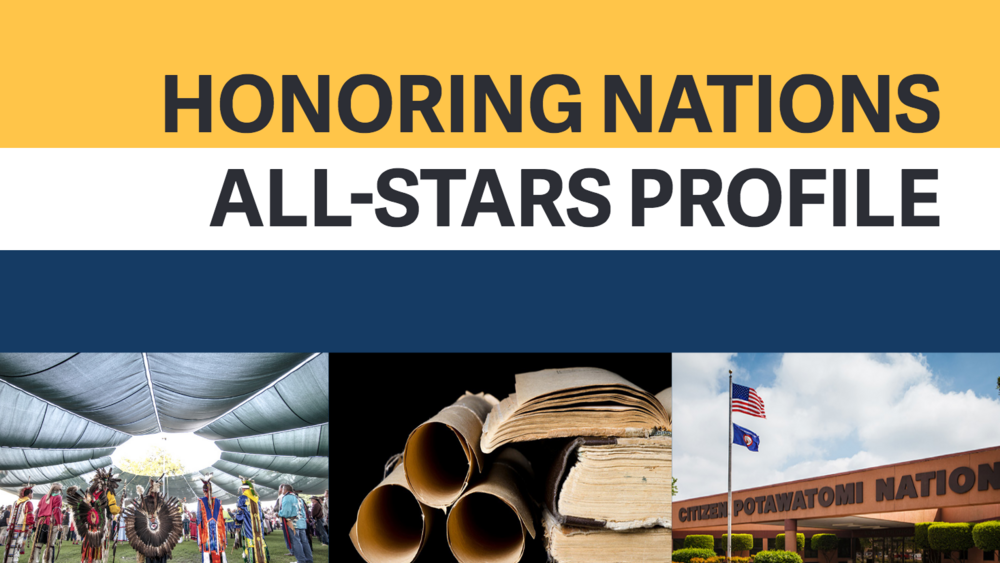
Honoring Nations All-Stars Profile: Constitutional Reform Citizen Potawatomi Nation
Forced relocations, loss of lands, and the economic necessity of moving away from home and community are common histories in Indian Country. Yet, despite these tragic circumstances, tribes continue to assert their sovereignty in order to improve the lives of their people. One of these remarkable…
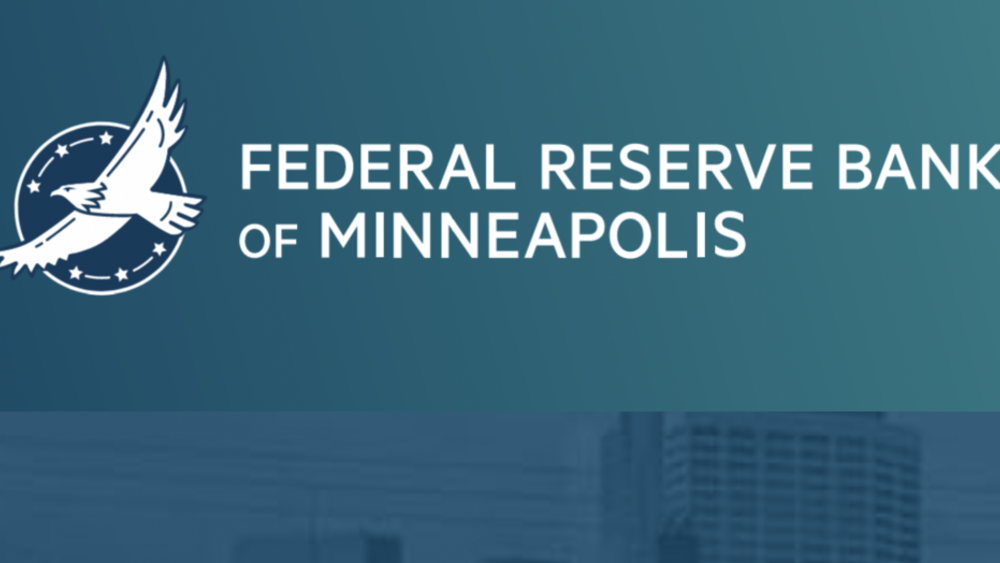
Tribal Leaders Handbook on Homeownership
As Native populations grow rapidly, tribal leaders are challenged as never before to provide their members decent housing. Expanding homeownership is a huge part of the solution for reservations and Indian areas, but until recently lenders just didn't extend home loans in Indian Country. The …
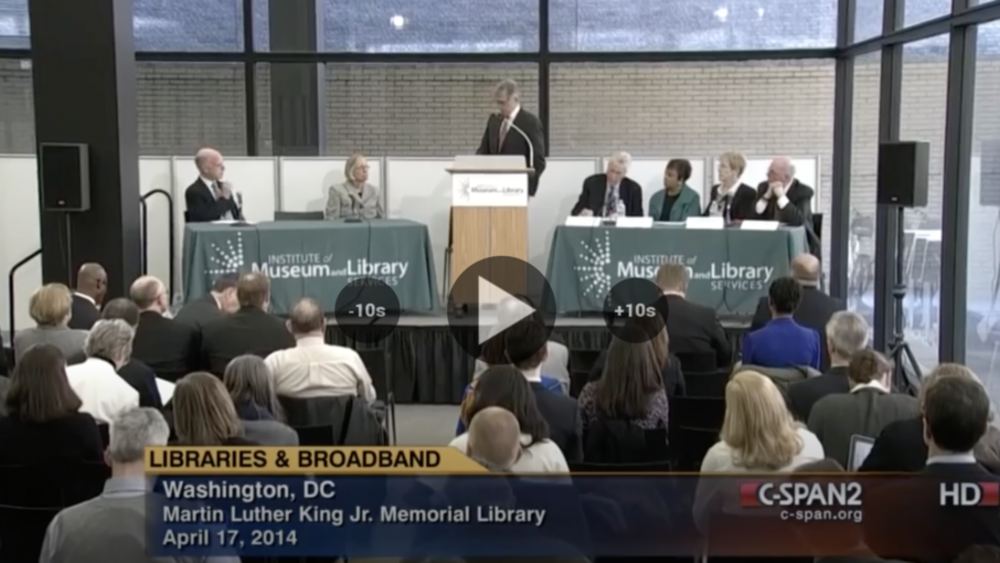
Broadband in Libraries
The Institute of Museum and Library Services (IMLS) held a public hearing to examine the need for high-speed broadband in the nation’s libraries. Former FCC Chair Reed Hundt told the audience that there was “no Washington consensus” around the issue of broadband in libraries, and urged the…
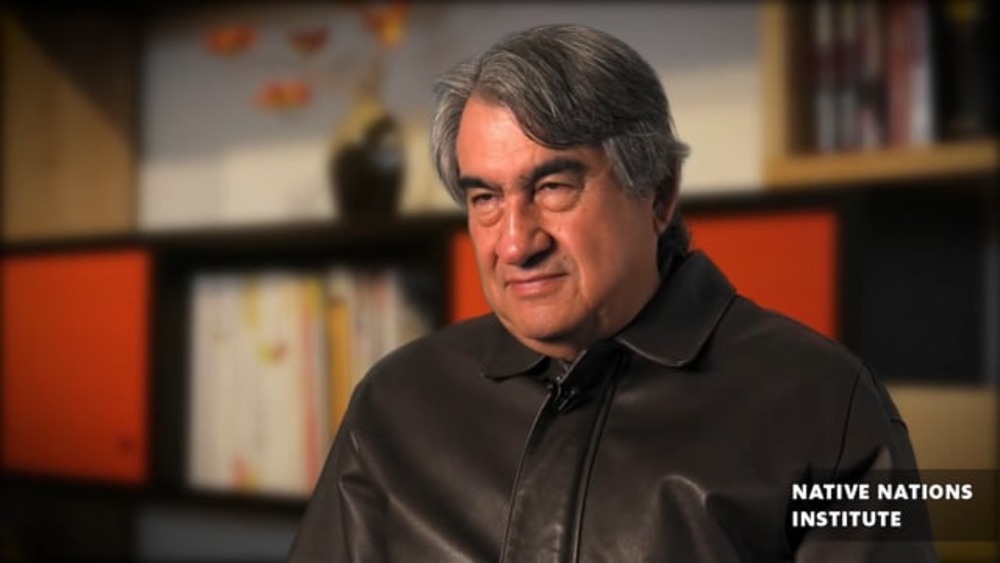
Greg Cajete: Indigenous governance and sustainability
Greg Cajete, Tewa of the Santa Clara Pueblo and a renowned scholar and author on indigenous education serves as the Director of Native American Studies at the University of New Mexico. His works have merged native history, cultural practices, and knowledge into the cross section of education…
Pagination
- First page
- …
- 3
- 4
- 5
- …
- Last page
